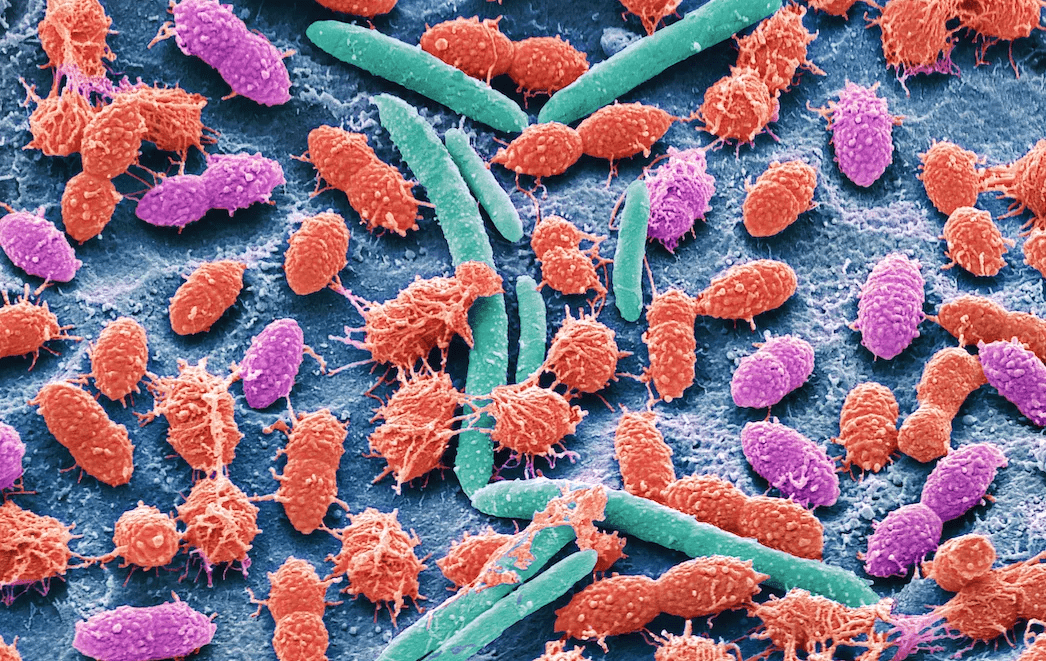
March 2024 –
Recent research suggests that DNA damage caused by gut bacteria may be a key factor in the rising rates of young-onset bowel cancer. Bowel cancer, the most common cause of cancer-related death in people aged 20 to 39, has seen a doubling of rates in this age group over the past two decades.
Associate Professor Daniel Buchanan’s study at the University of Melbourne Centre for Cancer Research has identified a specific variant of Escherichia coli bacteria in the gut that produces a genotoxin called colibactin, which can cause DNA damage in the colon. This discovery marks the first non-genetic biomarker for the cause of colorectal cancer, offering a new perspective on the disease’s development. The research emphasizes the importance of young people being aware of their family history and symptoms of bowel cancer, as early detection is crucial for effective treatment. With the National Health and Medical Research Council recommending lowering the screening age to 45, there is hope for improved early detection and management of colorectal cancer.
Watch a news feature about this finding below:
To read the full article click here.